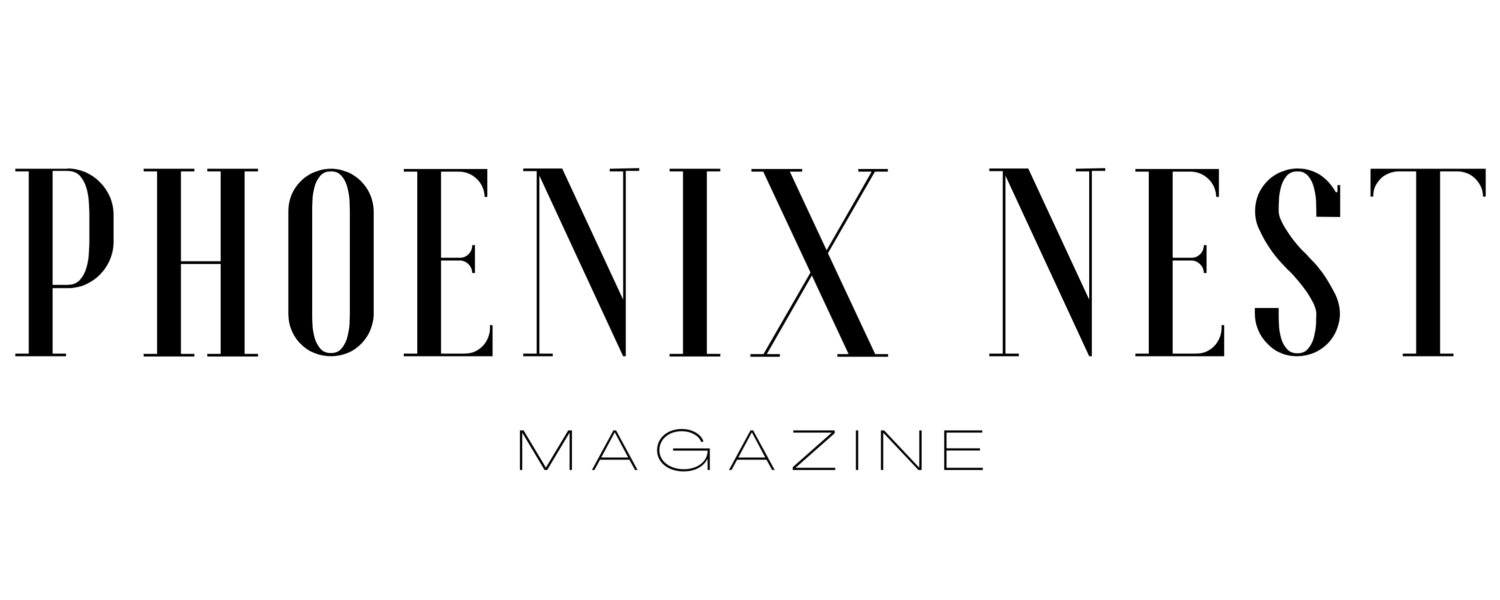In the midst of a heated argument, an unexpected surge of memory can transport you back to childhood. These emotional flashbacks often catch us off guard, merging past pains with present frustrations. It’s as though old wounds reawaken, coloring our adult interactions with the hues of forgotten hurts.
Understanding the Layers of Memory
Emotional flashbacks aren’t a deliberate ploy to manipulate the conversation—they are the brain’s way of signaling unresolved trauma from our youth. In the chaos of conflict, the past sneaks in. Recognizing this overlay of memories is the first courageous step toward healing. Instead of taking these emotions at face value, diving into the roots of these feelings can help us understand that our reactions stem from an earlier time, filled with vulnerability and unmet needs.

The Healing Power of Awareness
When you learn to separate the present disagreement from the echoes of your past, a therapeutic distance develops. This awareness doesn’t diminish the intensity of the emotional experience but allows you to navigate through it with compassion. Each flashback becomes less a trigger for further pain, and more an invitation to heal the inner child who has long carried silent scars.
In couples or heated conversations, this practice—mindfully acknowledging that part of your reaction isn’t about the moment but about long-held wounds—can transform conflict into an opportunity for growth. In understanding your own emotional timeline, you pave the way for more intentional interactions with others.

Embracing Vulnerability to Heal
Healing isn’t linear; it requires stepping into vulnerability with grace. While emotional flashbacks can feel overwhelming, they also serve as a reminder that within each of us, there is an enduring capacity for resilience. By acknowledging these moments without judgment, you create a space where healing can begin—not through denial or suppression, but by gently reclaiming the parts of you that were once hurt.
This introspection is a powerful way of honoring every aspect of yourself. It’s an act of self-compassion that recognizes the complexities of memory, reinforcing that you are not defined solely by past pain. In embracing these flashbacks, you learn to honor the journey of your inner child, setting the stage for a future built on deeper self-awareness and genuine compassion.

Ultimately, the process of understanding emotional flashbacks helps you reframe conflict into a tool for profound self-growth. Each turbulent moment carries a seed of transformation, teaching you to listen to your own needs and honor your entire life story—a narrative where past, present, and future are interconnected.

